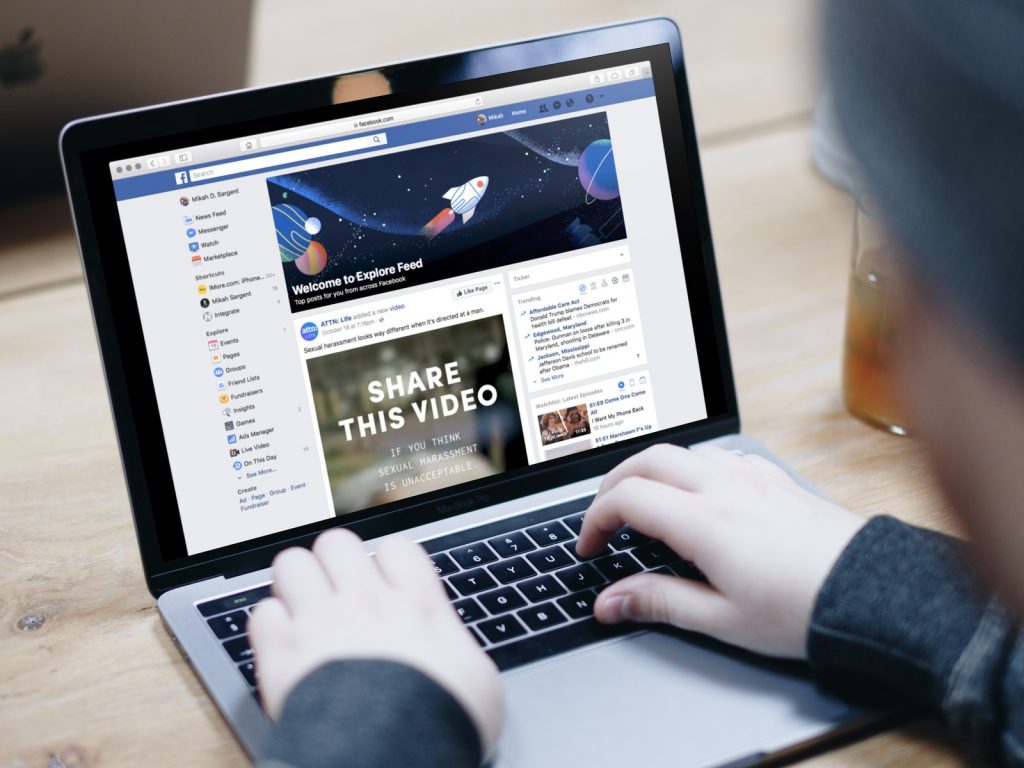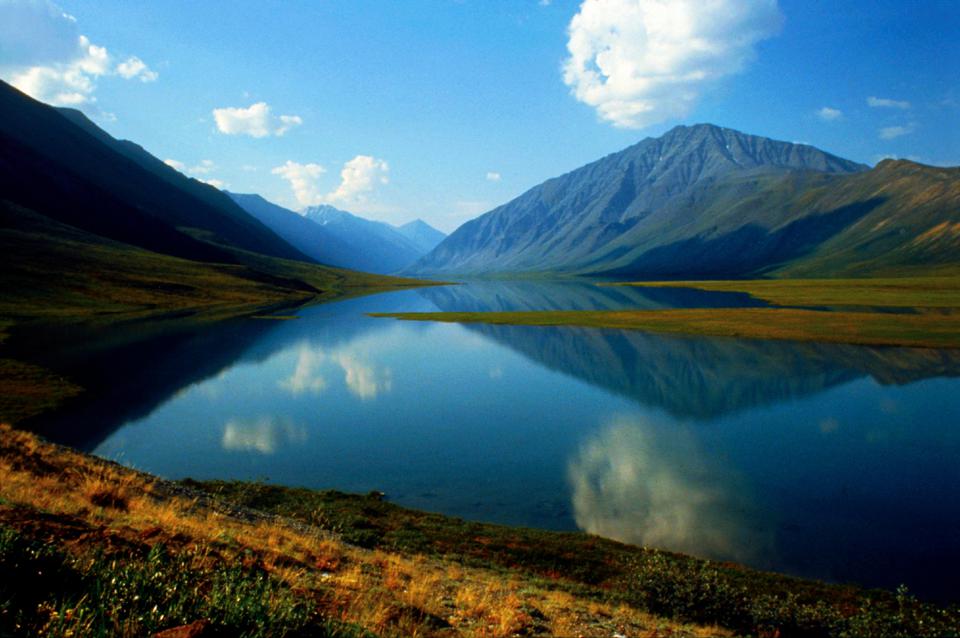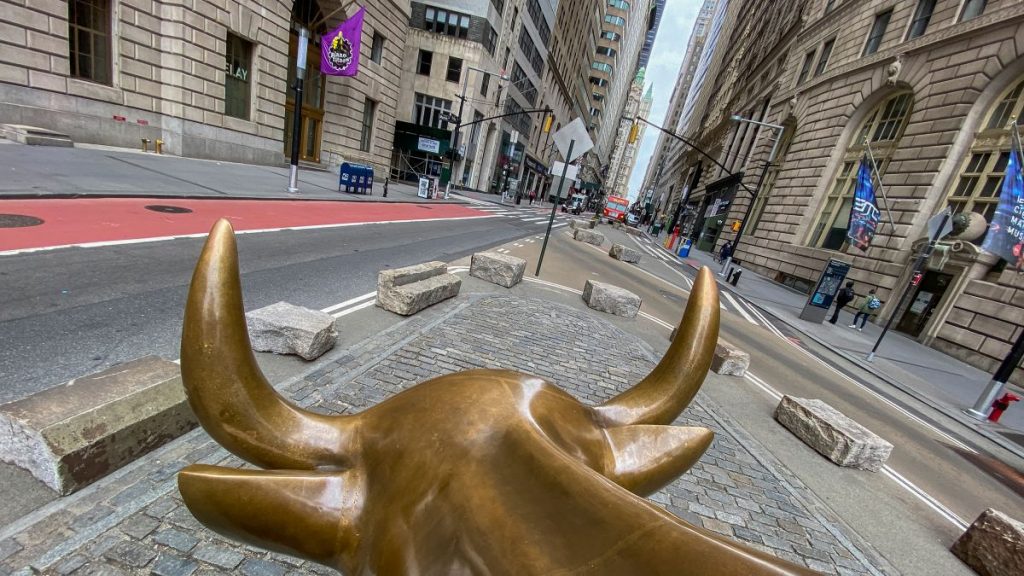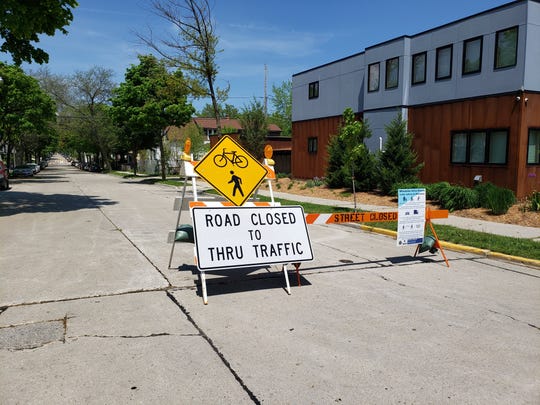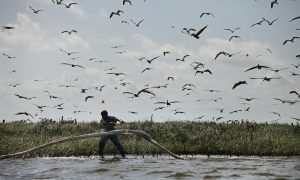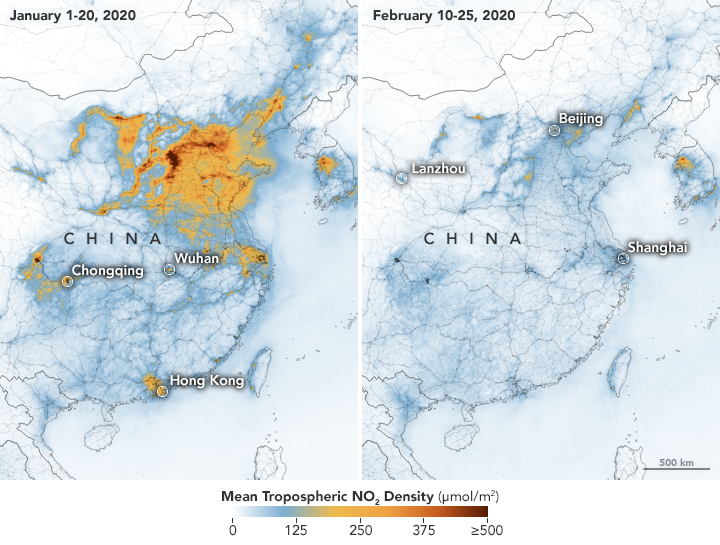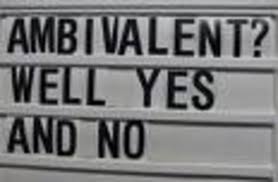
Republican office holders and the people who support them do not want a functional country, much less a functional constitutional democracy. We can keep asking them if this is their final answer, they will keep voting for con men and flimflam artists.
The country they want, indeed the country they made sure we would have four years ago, had 148,302 COVID-19 cases two days ago, more then 130,000 each of the two days prior. This is what they wanted, this is what we have.
Now what do they want? Go back to normal, Pandemic be gone, don’t steal the election they lost, celebrate your positive test… the idiocy knows no bounds. It does know an end. We are at the beginning of that end now with Trump’s countdown to disinfection at 1600 Pennsylvania Ave.
The people in our lives who seek to continue to be part of this dysfunctional cohort – wanting it all to continue, wanting some of it (the mask parts) to end – what do we do with them? Ignoring this malignancy does not work; ignoring their part in it may keep the peace at the holidays… but we won’t have the usual Thanksgiving this year. They made sure of that. This current episode was avoidable, they made sure we didn’t, no siree. There is a direct consequence to selling out your vote and your country to a racist ignoramus not interested in anything outside of his personal benefit. This is one of them; unfortunately, there are also many more.
We can take heart in the events of the last week, but we’ve got to remember all of them. Republican voters have put us all in their boat, even if it feels like we finally have enough oars in the water to row to a better shore. Remember this effort, all the work it takes, and that they want it to fail. Unless or until they prove otherwise, they must be considered a danger to themselves. They must be considered in favor of a country that ignores recognized standards of law and justice, one that holds no standing outside of fearful, closed minds. They have warned us. They want a kangaroo republic – to leap over the facts and people they don’t like, to live a fantasy yesteryear, reciting incantations to conjure divine rights.
Meanwhile, let’s get more oars in the water. Everybody row.

